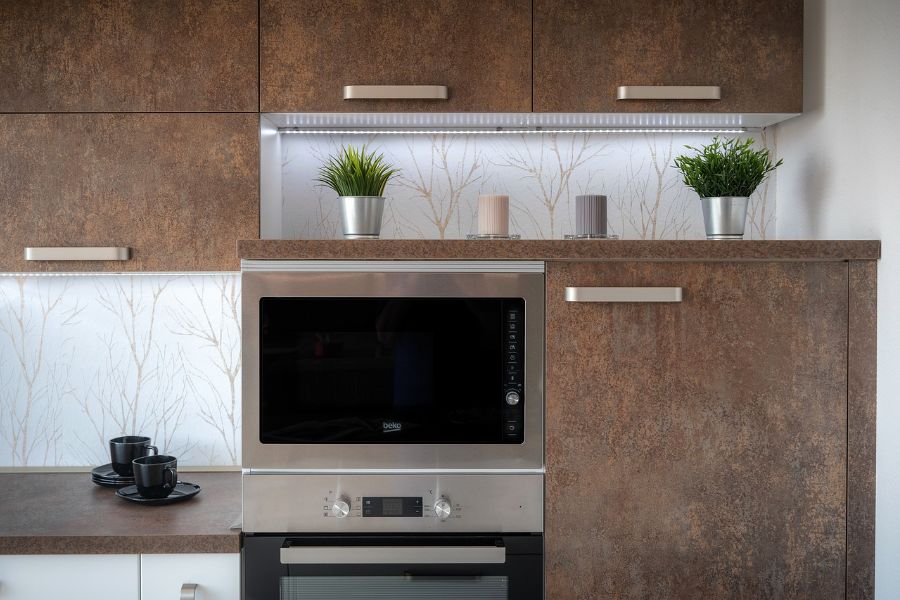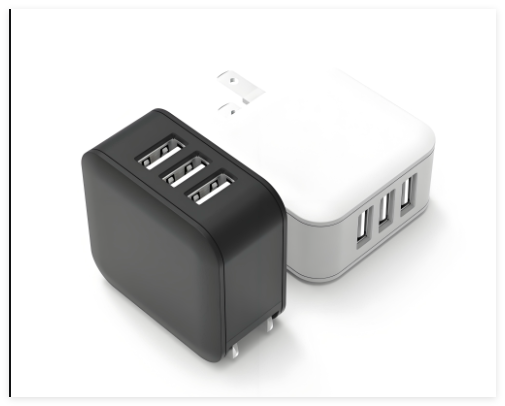Exploring the Charm of Smart Ovens: A New Era in Smart Kitchens

What is a Smart Oven?
A smart oven is an appliance that combines the functions of a traditional oven with modern smart technology. With built-in sensors, Wi-Fi connectivity, and mobile apps, users can remotely control and monitor the oven’s operation, achieving precise cooking. Smart ovens can preset various cooking modes and automatically adjust temperature and time based on the type and weight of the food, ensuring perfectly cooked meals every time.
Advantages and Disadvantages of Smart Ovens
Advantages
- Remote Control: Users can control the oven anytime, anywhere through a mobile app, without needing to stay in the kitchen.
- Precision Cooking: Built-in sensors monitor the food’s temperature and humidity in real-time, automatically adjusting cooking parameters to ensure consistent results.
- Versatility: In addition to basic oven functions, smart ovens offer features like steaming, roasting, and drying, meeting diverse cooking needs.
- Energy Efficiency: Smart ovens adjust energy consumption based on the actual cooking conditions, reducing unnecessary energy waste.
Disadvantages
- Higher Cost: Smart ovens are generally more expensive than traditional ovens, requiring a higher initial investment.
- Technology Dependence: Using a smart oven requires reliance on networks and apps, which may pose a usability barrier for those unfamiliar with smart devices.
- Maintenance Costs: Smart ovens have more sensors and electronic components, leading to higher maintenance and repair costs.
How to Choose the Right Smart Oven for You
Consider Functional Needs
When choosing a smart oven, first consider your actual cooking needs. Do you need a steam function? Do you often use slow roasting? Choose the right functional configuration based on your cooking habits.
Focus on Brand and After-Sales Service
Selecting a smart oven from a well-known brand ensures quality and a robust after-sales service system. Major brands like Bosch, Samsung, and Midea offer various smart oven models for consumers to choose from.
Evaluate Smart Features
Different brands and models of smart ovens offer various smart features. Some ovens provide more comprehensive preset menus and cooking modes, while others excel in remote control and self-cleaning functions. Choose the oven with the most practical smart features for your actual usage scenarios.
Major Brands of Smart Ovens
Bosch
Bosch smart ovens are known for their exquisite craftsmanship and multifunctional design, equipped with advanced sensor technology and an intuitive user interface, suitable for users who pursue a high-quality lifestyle.
Samsung
Samsung smart ovens have a significant advantage in smart control and remote operation. Users can achieve comprehensive oven control through the Samsung SmartThings app, enjoying a convenient smart cooking experience.
Midea
Midea smart ovens focus on cost-effectiveness, offering rich features and easy operation, making them ideal for family use. Midea also provides various models to meet different consumer needs.
Extended Information Users Care About
Cleaning and Maintenance of Smart Ovens
Daily cleaning and maintenance of smart ovens are crucial. Most smart ovens come with a self-cleaning function that uses high temperatures to break down food residues and grease into ashes, which can be wiped away with a damp cloth. Additionally, regularly checking and cleaning the sensors to ensure their proper function is key to maintaining oven performance.
Safety of Smart Ovens
Smart ovens also emphasize safety in their design, with many products equipped with child locks, automatic power-off, and overheat protection functions to ensure user safety during operation. When purchasing, focus on these safety features to enhance peace of mind.





Post Comment